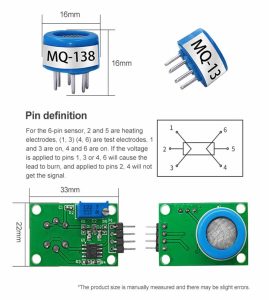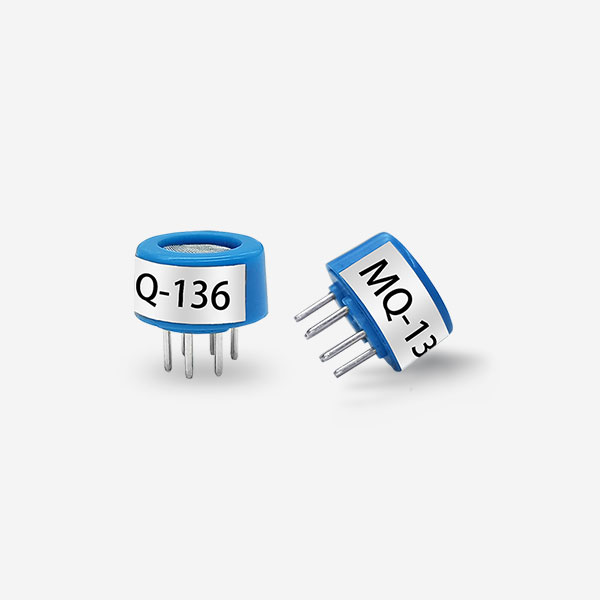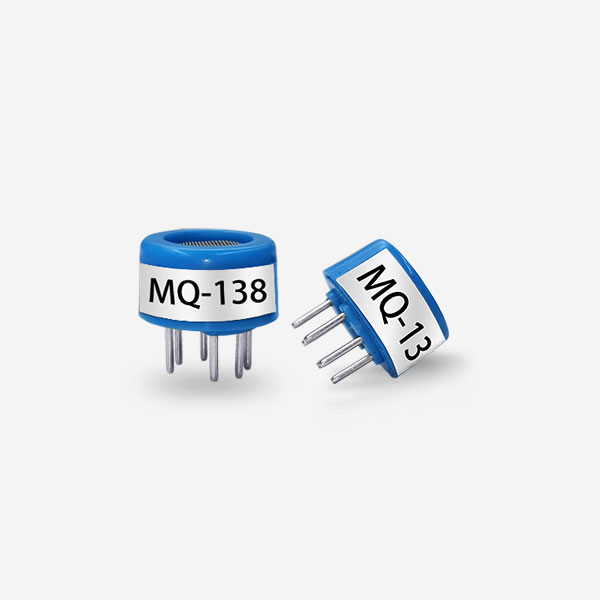-
Smart Cities and Clean Air: How Gas Sensors are Shaping Urban Environments
- As the world’s population continues to grow, urbanization will be an inevitable and crucial trend in the coming decades. With more people living in cities, urban areas will face greater challenges to maintain a high quality of life. One c……
- Chat Online
-
Description
As the world’s population continues to grow, urbanization will be an inevitable and crucial trend in the coming decades. With more people living in cities, urban areas will face greater challenges to maintain a high quality of life. One critical issue that urban areas will need to address is air pollution, which has been linked to a range of health problems, including respiratory diseases, cancer, and heart failure. Fortunately, advancements in technology have helped cities develop ways to monitor and improve air quality. One such technology that is gaining popularity is gas sensors, which is shaping the way we experience urban environments.

Gas sensors, or gas detectors, are small electronic devices that can detect and measure various types and concentrations of gas in the surrounding environment. These sensors are typically integrated into larger air quality monitoring networks, which can be used to remotely collect and analyze data in real-time. By monitoring air pollution, cities can better understand the sources of pollutants and take action to improve air quality. For example, they can identify areas with high air pollution levels and implement measures to reduce emissions from industrial or transportation sources.
Gas sensors have become increasingly vital for smart cities, which are using technology to optimize urban systems and improve quality of life for residents. For instance, cities like Barcelona and Amsterdam have integrated sensors into their public transportation systems to monitor air quality in real-time. This data is used to inform the public of potential air pollution hotspots and suggest alternative routes to avoid them. In addition, smart cities are using gas sensors to monitor indoor air quality in public buildings such as schools, hospitals and offices, thereby improving the well-being of citizens spending long hours indoors.
One of the key benefits of gas sensors for urban environments is that these devices are cost-effective. Unlike traditional air quality monitoring systems, which can be expensive and require skilled personnel to maintain, gas sensors require minimal maintenance and can be easily integrated into existing infrastructure. This makes them an attractive option for cities with limited resources.
In addition, gas sensors can provide more accurate and precise data than conventional monitoring methods which often use manually-collected data from few stationary stations. This means that cities can identify air pollution hotspots and take action more quickly and effectively. For example, cities can use data collected by gas sensors to develop targeted policies and regulations that reduce emissions from particular sources of air pollution.
Yet, gas sensors also raise privacy concerns, as they collect data on individuals’ movements and activities. A key challenge in implementing gas sensors in urban areas will be to develop privacy-friendly procedures and ensure that data collected by the sensors is anonymized and treated with care.

Another potential challenge to the widespread adoption of gas sensors is that these devices may not be able to detect all possible sources of air pollution. While gas sensors can detect common pollutants such as carbon monoxide, sulfur dioxide, and nitrous oxide, they may not be able to detect other pollutants of concern or monitor pollutant concentrations at the low levels that may pose health risks.
In conclusion, gas sensors are playing a critical role in shaping urban environments in the 21st century. As urbanization continues and air pollution remains a key concern, gas sensors present an increasingly attractive option for cities looking to monitor and improve air quality. However, challenges remain in ensuring privacy protection and addressing the limitations of gas sensors in detecting certain pollutants. As technology continues to advance and new approaches to air quality monitoring emerge, gas sensors are likely to play an increasingly important role in shaping the future of smart cities and clean air.
-
Recommend:
-
-
Gas detectors are crucial devices used in various industrie…
-
How do gas detectors ensure industrial safety?
Gas detectors play a crucial role in ensuring the safety of…
-
How Gas Sensors Help Combat Air Pollution?
Air pollution is a pressing global issue that poses signifi…
-
How can gas sensors be used in air quality monitoring?
Air pollution is a significant global concern that affects …
-
 : +86 155 8830 2704
: +86 155 8830 2704 : jxdziot@gmail.com
: jxdziot@gmail.com
